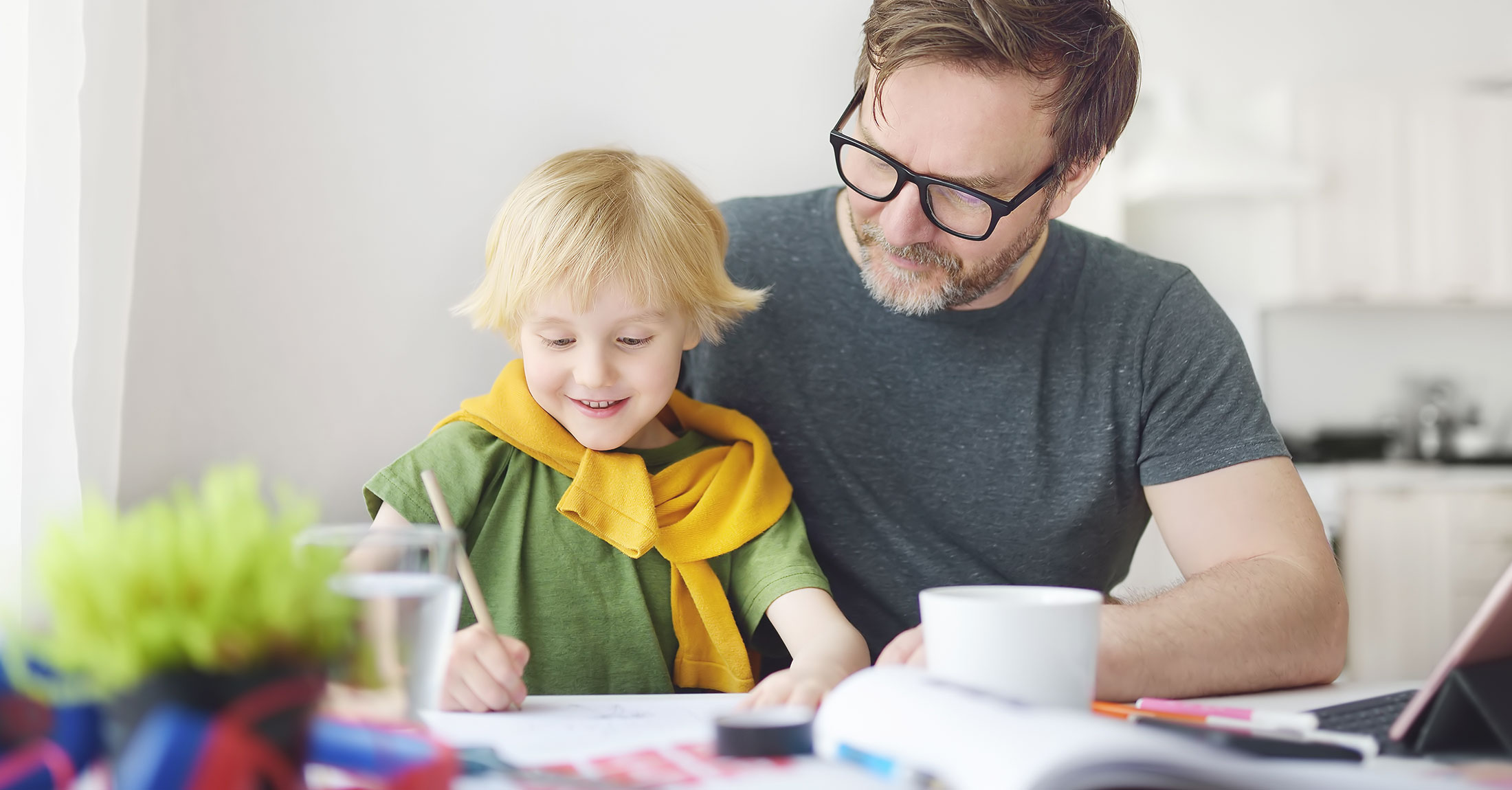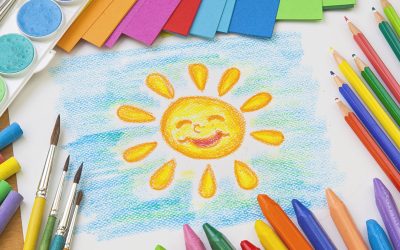Any time of year is a perfect time for self-care. So why not give yourself the gifts of reflection and creativity?
There are lots of ways to wrap your head around that! Here are some suggestions for families.
START WITH REFLECTION
When we finish reading a book, go on a trip, or attend a meeting, we may think back and wonder, “What did I enjoy, or learn?” Or, perhaps, “What wasn’t so good?”
Similarly, when we reach the end of a day, week, or year, we may reflect upon the pluses and minuses that have ensued. Those of us who are proactive may also consider how to use our experiences as springboards for what might lie ahead.
Parents can help children develop reflective habits of mind, including how to emphasize the positives. Being reflective has countless benefits!
“Change, progress, and innovation are all dependent upon flexibility of thought. Thinking also underlies the basic elements of everyday communication: speaking, listening, reading, and writing. It is the engine of learning.”
~ Foster, J. “Thinking Skills” in The Encyclopedia of Giftedness, Creativity and Talent, Vol. 2, pp. 898-899.
Reflection is a gift we can give ourselves, like hope, mindfulness, skill-building, motivation, and inquiry. We can teach children to appreciate and maximize thought processes (analytic, creative, divergent, practical, and so on). It will enable them to process, consolidate, and extend their knowledge; maximize their creativity; contribute to their intelligence and well-being; and enrich their lives.
SUGGESTIONS FOR PARENTS
These suggestions are predicated on being reflective about one’s past and being mindful of the present, in preparation for the future, including intellectual growth, well-being, and creativity.
- BE TRIUMPHANT. Reflect upon and chat about all that your family has accomplished, and continues to accomplish. Frame this as a collective triumph, and convey pride in how your kids cope with eventualities, overcome difficulties, help others, use the imagination, and show resilience.
- “PENDULATE.” Lots of changes transpire at home, school, and in the community. Consider: What was or is enabling? What kinds of changes empower your children to become stronger or smarter? Or more kind or forgiving? It’s prudent and advantageous to learn to emphasize the upside of changes because they’re inevitable.
- WELCOME MEMORIES. Share pictures and videos; appreciate those moments that mattered and were captured in visual representations. Recalling happy times can be reaffirming. Think about the people, neighborhood places, holiday celebrations, fun, and the many songs, books, nature walks, and games you’ve enjoyed together. A family retrospective lays groundwork for planning activities you can do again.
- MODEL CREATIVITY. People often perceive things as polar opposites (for instance, hot or cold, open or closed, easy or hard). There may be good or bad, but there’s also interesting! Instead of channeling previous, current, or anticipated experiences as negative or positive, help kids learn to think creatively. For example, challenging experiences can be thought of as strengthening, exciting, surprising, or thought-provoking. Moreover, a creative approach can be a conduit for manageability, life-balance, comfort, and gratification. Thinking of difficulties as adventures, or as building blocks for growing and learning, makes them more surmountable.
- SEIZE OPPORTUNITES. Encourage children to seek, find, and take advantage of learning opportunities. Bolster kids’ confidence and sense of purpose by reinforcing their initiative, curiosities, and efforts enroute to their achievements. Be available to answer questions, provide guidance, and respond to concerns as children take next steps or push boundaries.
ALWAYS CONCLUDE WITH OPTIMISM
“Help your child find joy and fulfillment.
Connections, engagement, reflection, and self-awareness are especially important.”
~ Being Smart about Gifted Learning, p. 373.
Be interactive and resourceful—within the family circle, and beyond. Strive to tap into emotional, physical, artistic, and other kinds of energy, but also remember to relax, recharge, and recalibrate.
Parents can demonstrate all this and encourage their family to reflect upon the benefits. Each day wraps up at midnight, but every tomorrow is another opportunity to gift oneself with reflective powers and creativity by optimizing family togetherness, shared experiences, mutual support, and determination—and thereby triumph!
AUTHOR’S NOTE: This article is updated from one written by Dr. Joanne Foster that was featured in issues of Best Version Media’s Neighbours Magazines, and distributed across Ontario, Canada.








